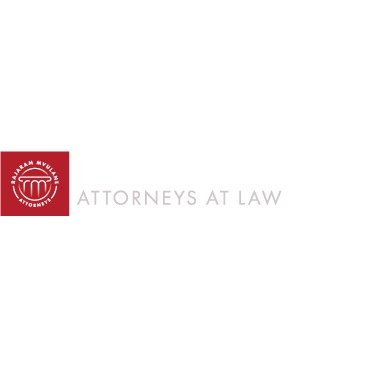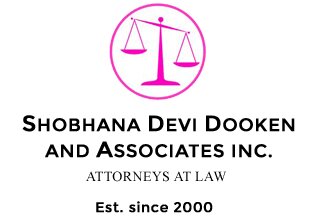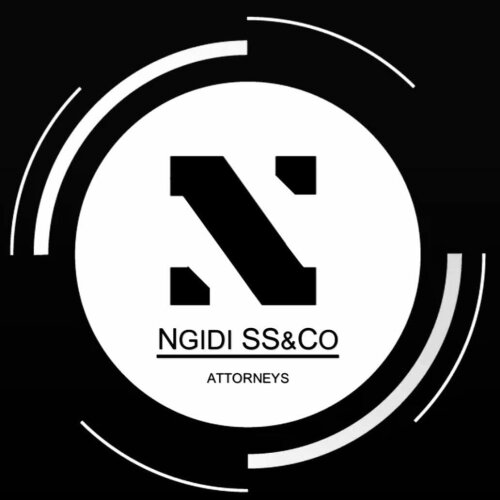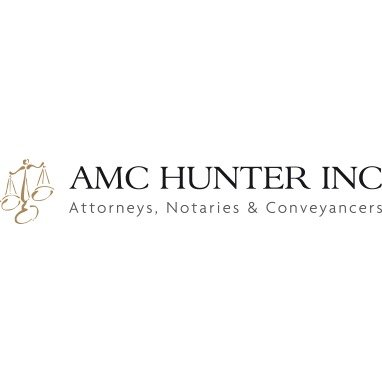Best Conveyancing Lawyers in Durban
Share your needs with us, get contacted by law firms.
Free. Takes 2 min.
Free Guide to Hiring a Real Estate Lawyer
List of the best lawyers in Durban, South Africa
About Conveyancing Law in Durban, South Africa
Conveyancing is the legal process of transferring ownership of immovable property from one person or entity to another. In Durban, as in the rest of South Africa, conveyancing must be carried out by an attorney who is also admitted as a conveyancer. This specialized role ensures that every step of the property transfer complies with national and regional property laws, protects both buyer and seller, and guarantees that the transfer is properly recorded at the local Deeds Office. Conveyancing in Durban often involves navigating municipal requirements, local regulations, and particular aspects tied to KwaZulu-Natal’s property market.
Why You May Need a Lawyer
Legal assistance in conveyancing becomes essential in various situations. If you are buying or selling property, subdividing land, registering a bond, or dealing with deceased or insolvent estates, you will require a qualified conveyancer. Lawyers help ensure that contracts are valid, deadlines are met, financial transactions are secure, and legal risks are minimized. Importantly, only a conveyancer can lodge transfer documents at the Deeds Office, making their role both a legal and practical necessity for property transactions in Durban.
Local Laws Overview
The conveyancing process in Durban is governed by several national pieces of legislation, including the Deeds Registries Act and Sectional Titles Act, but there are also local bylaws and municipal procedures that affect property transactions. These may include obtaining rates clearance from the eThekwini Municipality, dealing with local building regulations, and handling stamp duty and transfer taxes according to the property value and purpose of the purchase. KwaZulu-Natal also has customary law considerations in some property transfers, and Durban’s coastal location sometimes introduces environmental law compliance for properties in sensitive areas. Ensuring compliance with both national statutes and municipal requirements is crucial for a seamless transfer.
Frequently Asked Questions
What is a conveyancer and why must I use one?
A conveyancer is an attorney who has passed an additional examination in property law, making them qualified to manage property transfers. South African law requires that only conveyancers may lodge property transfer and bond registration documents with the Deeds Office.
How long does the conveyancing process usually take in Durban?
Typically, the process takes between six and twelve weeks from the signing of the sale agreement to the registration of the property, depending on factors like bond approval, municipality clearance, and document availability.
What are the main costs involved in conveyancing?
The main costs include transfer duty (a government tax based on property value), conveyancing attorney fees, Deeds Office registration fees, rates clearance fees, and, where applicable, bond registration costs.
Who chooses the conveyancer?
In South Africa, it is common practice for the seller to nominate the conveyancer, although the parties may agree otherwise.
What is transfer duty and who pays it?
Transfer duty is a government tax paid when property changes ownership. The buyer is responsible for paying transfer duty before the property can be registered in their name.
Do I need to be present in Durban to complete the transfer?
No, it is possible to complete transactions from outside Durban or even from abroad, provided you sign the necessary documents and, if required, have them authenticated as specified by your conveyancer.
What documents are needed for property transfer?
You will generally need your identity document, proof of address, tax number, and particulars of the property. The conveyancer will request further documents, such as municipal rates clearance certificates and, in some cases, compliance certificates for electricity or building works.
How are municipal rates and taxes handled during conveyancing?
The seller must settle all municipal rates and taxes and secure a rates clearance certificate from the eThekwini Municipality before the transfer can be registered. The buyer becomes responsible for rates and taxes from the date of registration.
Can a property sale contract be cancelled?
Yes, but cancellation must happen according to the terms of the signed agreement and may involve penalties or forfeiture of deposits, depending on the contractual clauses.
What if I inherit property in Durban?
Inherited property still requires a property transfer process at the Deeds Office. This is known as a deceased estate transfer and must be managed by a conveyancer, working in coordination with the estate executor.
Additional Resources
If you require more information or support, you may find these resources helpful:
- The Law Society of South Africa - for guidance on locating qualified attorneys and conveyancers - eThekwini Municipality Rates and Property Department - for queries on rates clearance and local property bylaws - The Deeds Office - for information on property registration and document lodgment - The South African Revenue Service (SARS) - for information on transfer duty and related taxes - The Department of Human Settlements - for government housing and title deed programmes
Next Steps
If you are considering buying, selling, or otherwise transferring property in Durban, your first step should be to consult a qualified conveyancer as early in the process as possible. Gather all relevant personal and property documents, and be clear about your expected timeline and financial commitments. The conveyancer will review your contract, explain all costs, manage compliance with local laws and regulations, and facilitate every step with the Deeds Office. Early legal guidance helps you avoid common pitfalls and guarantees that your property transaction is secure, compliant, and concluded without unnecessary delay.
Lawzana helps you find the best lawyers and law firms in Durban through a curated and pre-screened list of qualified legal professionals. Our platform offers rankings and detailed profiles of attorneys and law firms, allowing you to compare based on practice areas, including Conveyancing, experience, and client feedback.
Each profile includes a description of the firm's areas of practice, client reviews, team members and partners, year of establishment, spoken languages, office locations, contact information, social media presence, and any published articles or resources. Most firms on our platform speak English and are experienced in both local and international legal matters.
Get a quote from top-rated law firms in Durban, South Africa — quickly, securely, and without unnecessary hassle.
Disclaimer:
The information provided on this page is for general informational purposes only and does not constitute legal advice. While we strive to ensure the accuracy and relevance of the content, legal information may change over time, and interpretations of the law can vary. You should always consult with a qualified legal professional for advice specific to your situation.
We disclaim all liability for actions taken or not taken based on the content of this page. If you believe any information is incorrect or outdated, please contact us, and we will review and update it where appropriate.

















